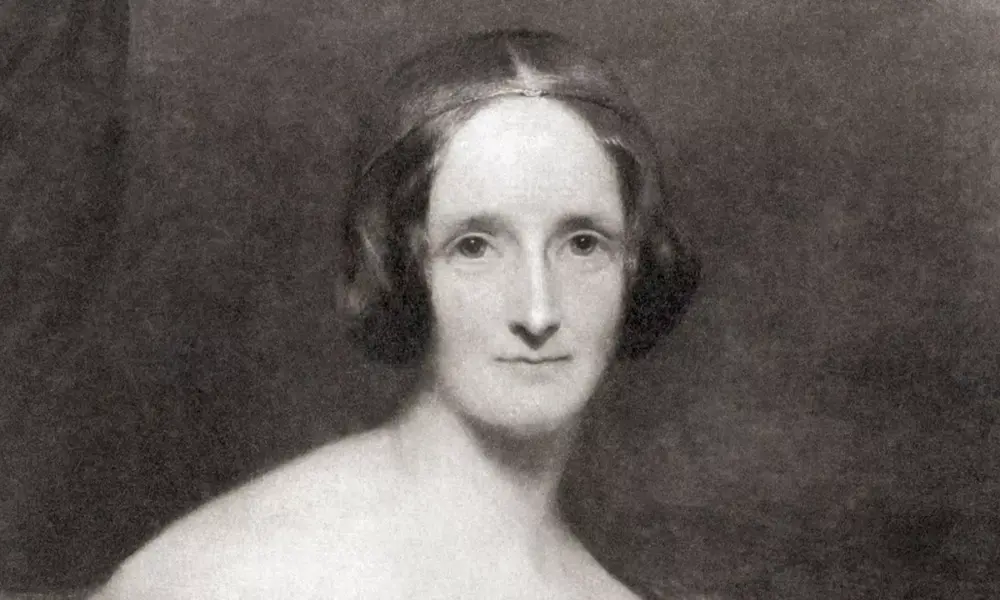Mary Shelley’s life and experiences played a pivotal role in the creation of her groundbreaking novel, Frankenstein. As Guillermo del Toro’s much-anticipated adaptation of the classic story prepares for its release on March 15, 2024, exploring the intricacies of Shelley’s life offers profound insights into her literary genius.
Shelley, born in 1797 to the influential feminist writer Mary Wollstonecraft and philosopher William Godwin, was shaped by an unconventional upbringing. Her mother, known for her work A Vindication of the Rights of Woman, passed away shortly after giving birth, leaving Mary to navigate a world filled with complex family dynamics. Godwin remarried, introducing a stepmother and additional children into their household, which expanded the family’s social network and intellectual environment. This eclectic upbringing nurtured Mary’s intellect and creativity, preparing her for a life of literary exploration.
As a young adult, Mary’s life took a significant turn when she met the charismatic poet Percy Bysshe Shelley. This meeting ignited a passionate romance that defied societal norms. Percy, already married, represented both the allure and the complications of unconventional love. Initially supported by her father, Mary’s relationship with Percy faced severe opposition when financial instability led to a clash of values. Their shared ideals drew them closer, culminating in their elopement, which included Mary’s stepsister, Claire Clairmont. This bold step marked the beginning of a partnership that would profoundly impact literature.
Mary and Percy’s life together was not without challenges. Struggling financially and facing societal condemnation, they often sought refuge in travel and creativity. Despite the heartache of losing several children and the societal pressures of being an unconventional couple, Mary continued to write and refine her stories. Her experiences of loss and resilience influenced her work, particularly Frankenstein, a novel that emerged from a summer filled with creativity and competition among literary figures, including John William Polidori, author of The Vampyre.
The creature in Frankenstein, often misunderstood and yearning for acceptance, mirrors Mary Shelley’s own struggles with societal expectations and familial relationships. The themes of isolation and the quest for belonging resonate deeply, reflecting the complexities of Shelley’s life and the era’s shifting cultural landscape.
As del Toro reimagines this iconic tale, revisiting Mary Shelley’s extraordinary life sheds light on the profound connections between her personal experiences and her creative output. Her narrative serves as a testament to the idea that great literature is often born from the intertwining of passion, heartache, and the relentless pursuit of understanding.
Mary Shelley’s legacy endures, inspiring future generations to explore the depths of human experience through literature. Her story reminds us that creativity is shaped not only by individual talent but also by the relationships we cultivate and the challenges we confront. As audiences prepare to engage with del Toro’s interpretation of Frankenstein, they are invited to reflect on the remarkable life of its creator—one marked by resilience, ambition, and an enduring quest for connection.







